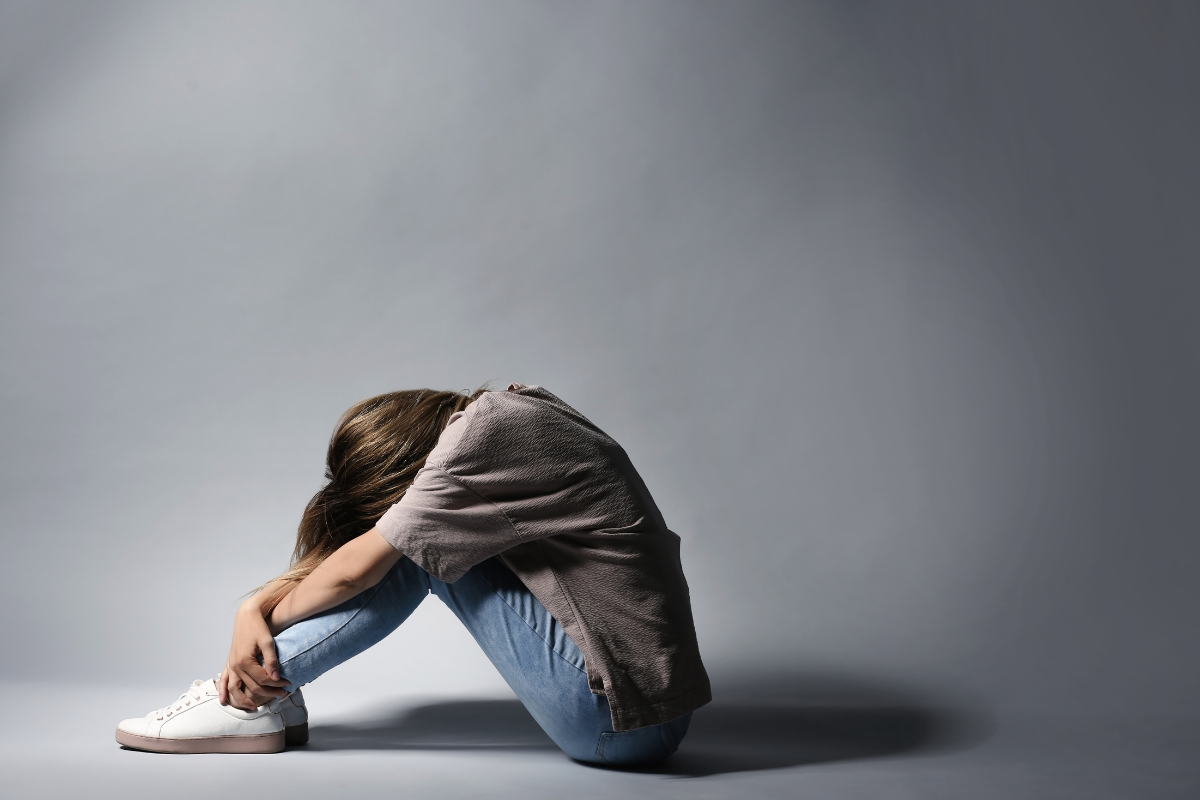Difference Between Anxiety And Depression
Depression is characterized by a persistently low, depressed, or hopeless mood, whereas anxiety is characterized by an abundance of worry, unease, and dread.
However, essential symptoms are shared between these conditions. Some depressed individuals may experience more irritability than sorrow, as anxiety frequently involves irritability.
Depending on the individual, you may not always comprehend the significance of your symptoms, as these disorders manifest themselves in various ways.
Additionally, it is possible to simultaneously experience depression and anxiety: According to a 2015 global survey, 41.6% of respondents experienced both severe depression and an anxiety disorder within the previous year.
What is a significant parallel between anxiety and depression? Both can progress with the help of a mental health professional.
We will describe the primary symptoms and warning signs of each illness, as well as offer coping strategies and information on where to find support.
What are the signs and symptoms of anxiety?
Most people experience anxiety from time to time, which includes feelings of fear, uneasiness, and worry. After all, anxiety is part of how you respond to stress, thus you may feel anxious:
prior to key life events, when making important decisions, and when attempting something new
However, if you have chronic or extreme anxiety on most days for several months, you may be suffering from generalized anxiety disorder (GAD) or another anxiety condition.
Anxiety disorders extend beyond being concerned about unexpected or difficult life events. Your issues may be more mundane, such as your health, performance at school and job, or relationships. These concerns might lead to persistent thoughts and fears that eventually begin to interfere with daily life.
The following are the primary indicators of ongoing anxiety:
- Fear and concern management difficulties
- Irritation, bodily restlessness, or a feeling of being on edge fear, foreboding, or panic
- Sleep issues
- Brain fog caused by chronic exhaustion
- Headaches, muscle tension, nausea, and diarrhea are some of the physical symptoms.
Also Read:
How To Manage Anxiety And Depression?
A therapist can provide more information about treatment choices for anxiety and depression, but you can also manage with symptoms on your own.
The tactics listed below may not always be effective, but experimenting with different approaches at different times might help you learn more about what works best for you. That realization can lead you to a tailored toolbox of coping skills, so you always have options to explore when you are distressed or overwhelmed.
Your therapist can also provide new tactics to try as well as advice on how to put them into action.
1. Allow yourself to feel what you’re experiencing.
2. Do something over which you have control.
3. Stick to a routine.
4. Try to get a good night’s sleep.
5. Eat a variety of foods.
6. Go for a walk around the block.
7. Schedule rest and relaxation time.
8. Make contact with loved ones
Anxiety and depression can be daunting, especially if you suffer from both diseases or are unsure which one you have.
But you don’t have to deal with such symptoms on your own. Getting help for distress that lasts more than a few days or begins to interfere with your everyday life can go a long way toward assisting you in finding relief.

How Do Depression And Anxiety Differ?
The primary distinction between depression and anxiety is in the symptoms. Depression is characterized by a continuous sense of sadness. You also lack energy and lose interest in previously enjoyed hobbies. Some depressed people consider harming themselves.
Anxiety is characterized by uncontrollable fear or worry. Depending on the sort of anxiety you have, you may experience worry during routine tasks such as meeting new people.
There are numerous therapy methods available for depression and anxiety. A therapist can always provide additional assistance in recognizing symptoms and potential causes, as well as exploring the most beneficial therapy techniques.